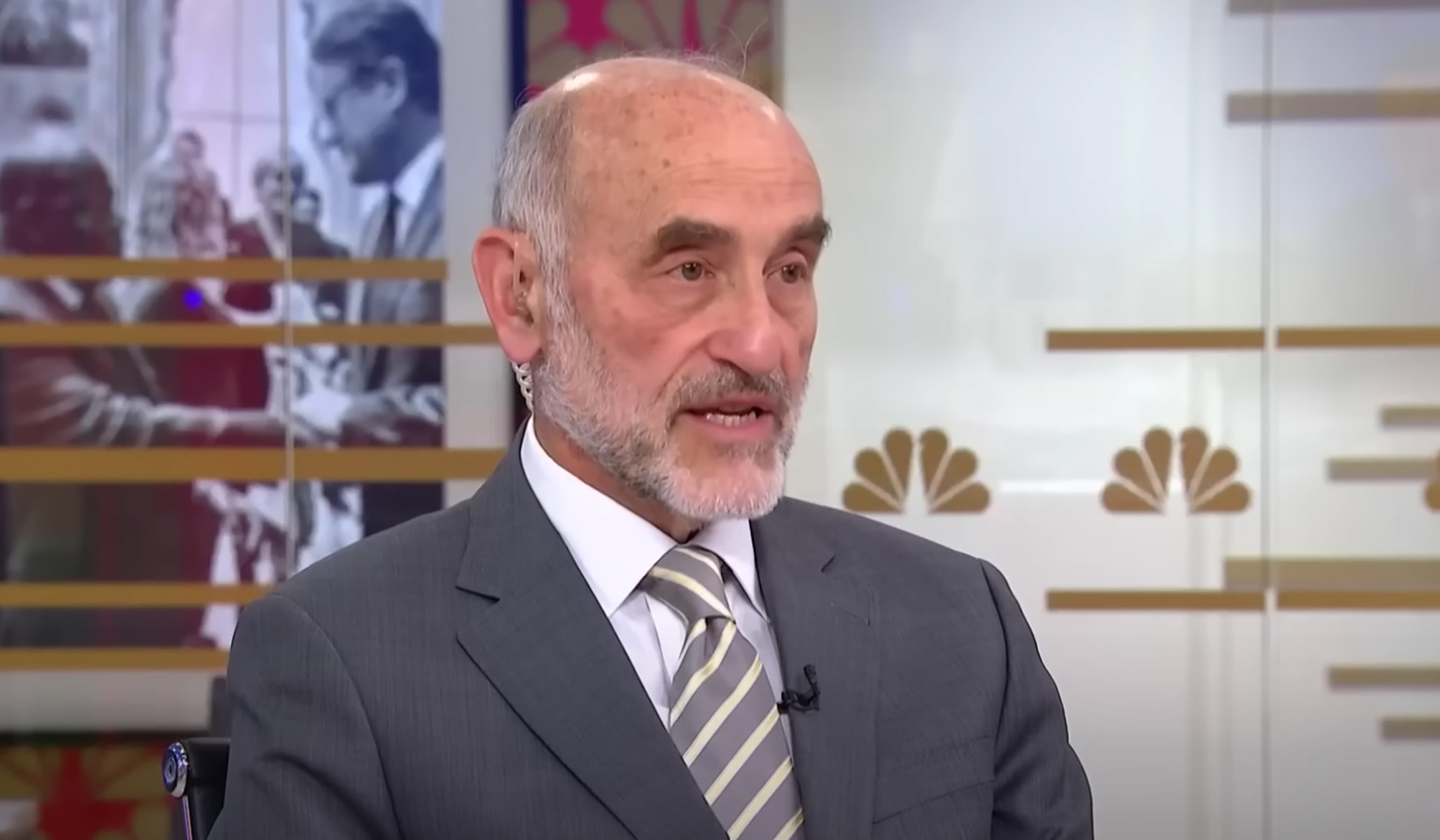


Mark Pomerantz, who, along with Carey Dunne, investigated Trump’s finances at the Manhattan district attorney’s office, refused to answer questions in a House Judiciary Committee deposition Friday.
The committee’s chairman, Jim Jordan (R., Ohio), subpoenaed Pomerantz and Dunne after Donald Trump proclaimed that an indictment for falsifying business records in connection with a hush-money payment to Stormy Daniels was drawing near. Jordan argued the prosecution was “politically motivated” and explained in a letter that district attorney Alvin Bragg was deeply stung by criticism from the pair after he initially declined to prosecute Trump. The Manhattan DA’s office originally sued to block Pomerantz from being deposed, but Jordan and Bragg were able to reach a settlement late last month.
“The witness has not cooperated in any way, shape, or form” explained Representative Darrell Issa (R., Calif.) to reporters as the deposition was still ongoing. “He has answered no substantive questions whatsoever, and clearly appears unwilling to answer any questions even about previous statements he’s made.”
“I’ve never had a more obstructive and less cooperative witness in my over 20 years in Congress,” added Issa, explaining Pomerantz “has disdain for this body.”
“I do not believe for a moment that I am here to assist a genuine effort to enact legislation or conduct legislative ‘oversight,'” wrote Pomerantz in his opening statement. “I do not have to cooperate with the cynical histrionics that this deposition represents. Although the rule of law compels me to be here, it does not require that I play a substantive role in your theatrical production.”
Pomerantz listed several reasons for his decision not to answer questions. He said the Manhattan DA instructed him to protect the integrity of a pending prosecution. He also noted the Fifth Amendment, as well as attorney-client privilege, among other things, protected his decision not to cooperate.
“We are gathered here because Donald Trump’s supporters would like to use these proceedings to attempt to obstruct and undermine the criminal case pending against him, and to harass, intimidate, and discredit anyone who investigates or charges him,” Pomerantz wrote.
Jordan previously argued that Congress has a keen interest in increasing oversight on Bragg’s office because it will inform potential legislation to reform the criminal-justice system and to better delineate prosecutorial authority between federal and local officials.
Asked about next steps after the deposition, Jordan did not rule out holding Pomerantz in contempt of Congress.
